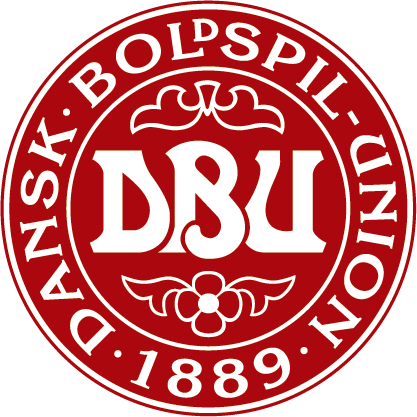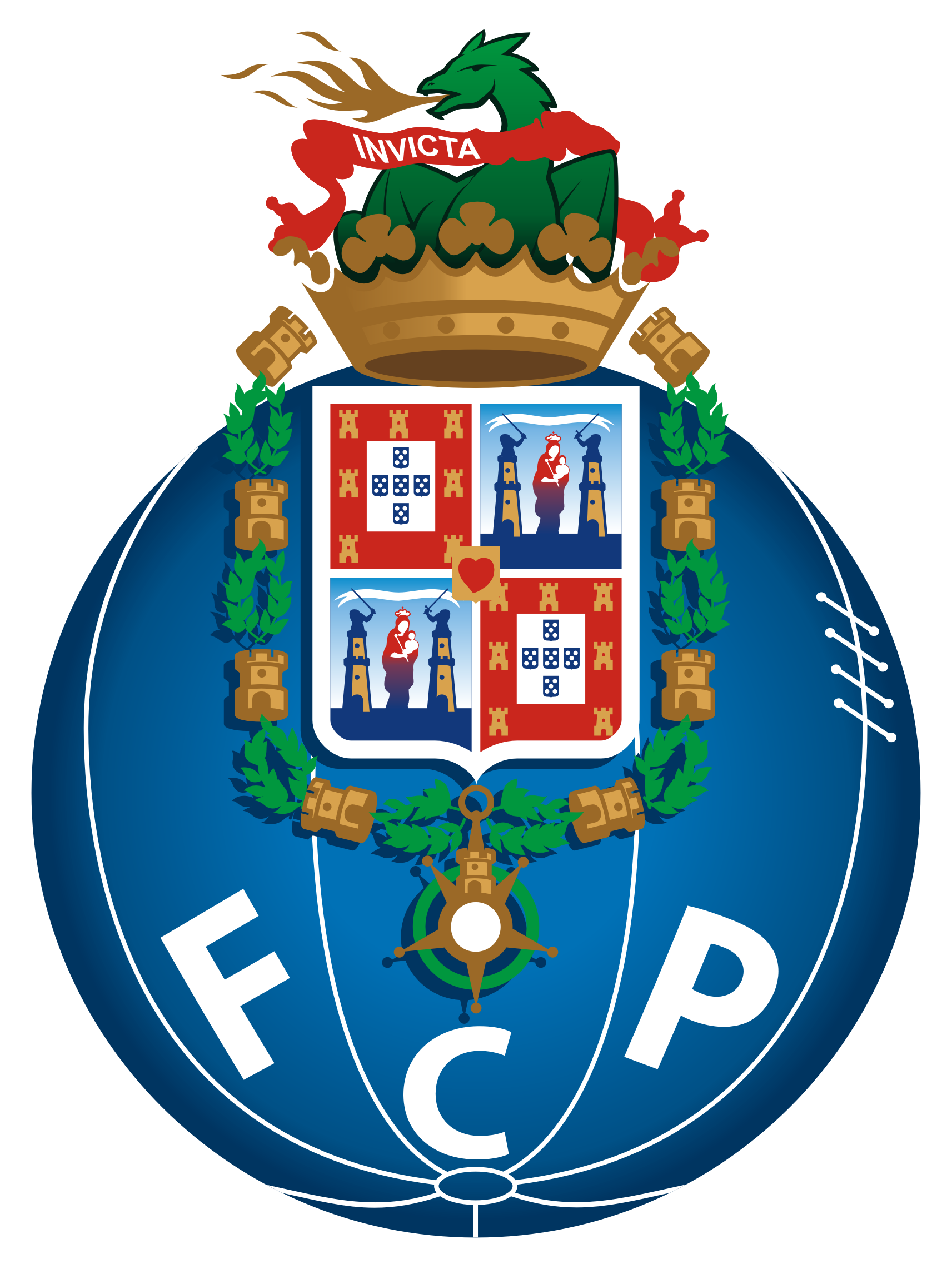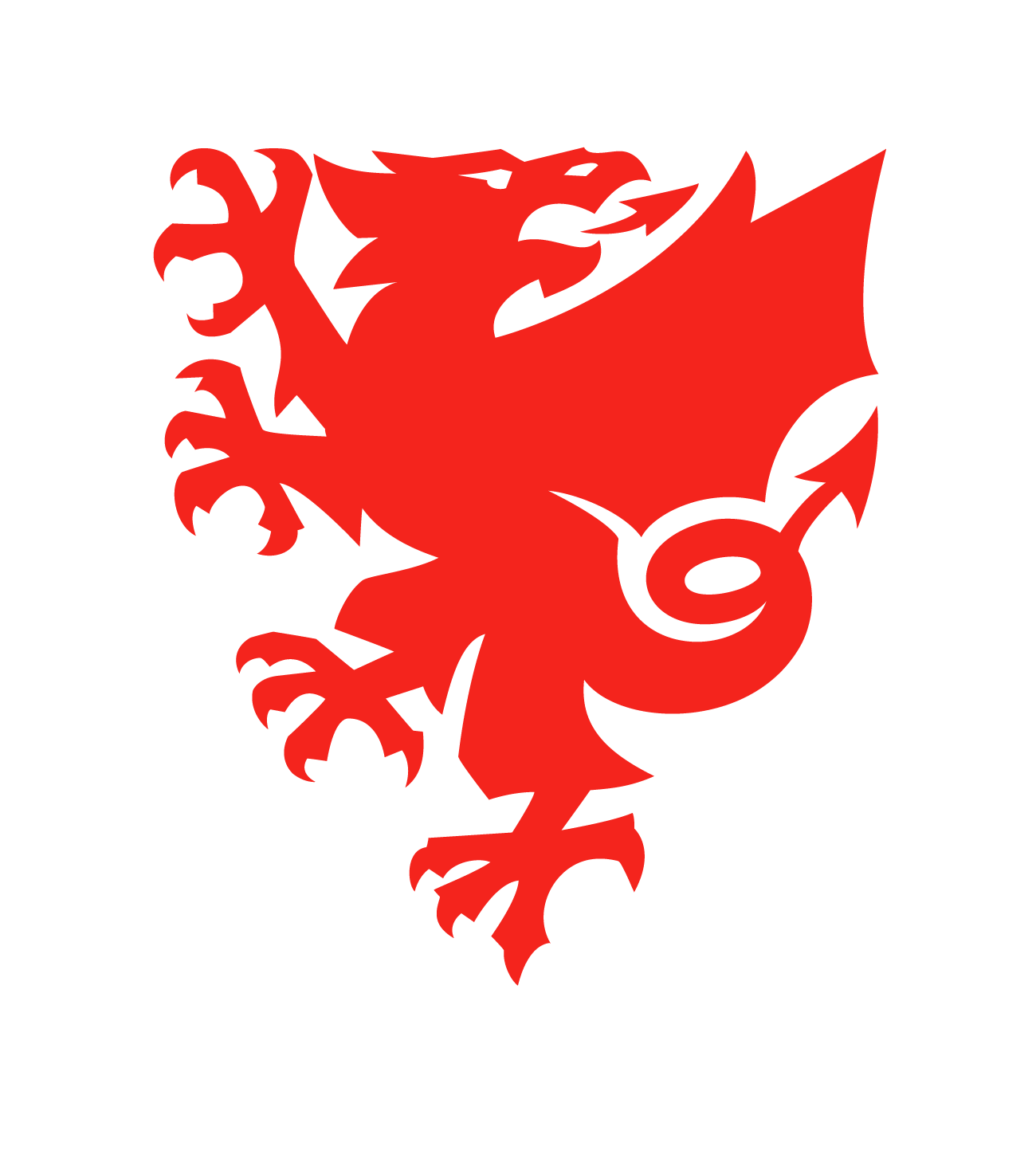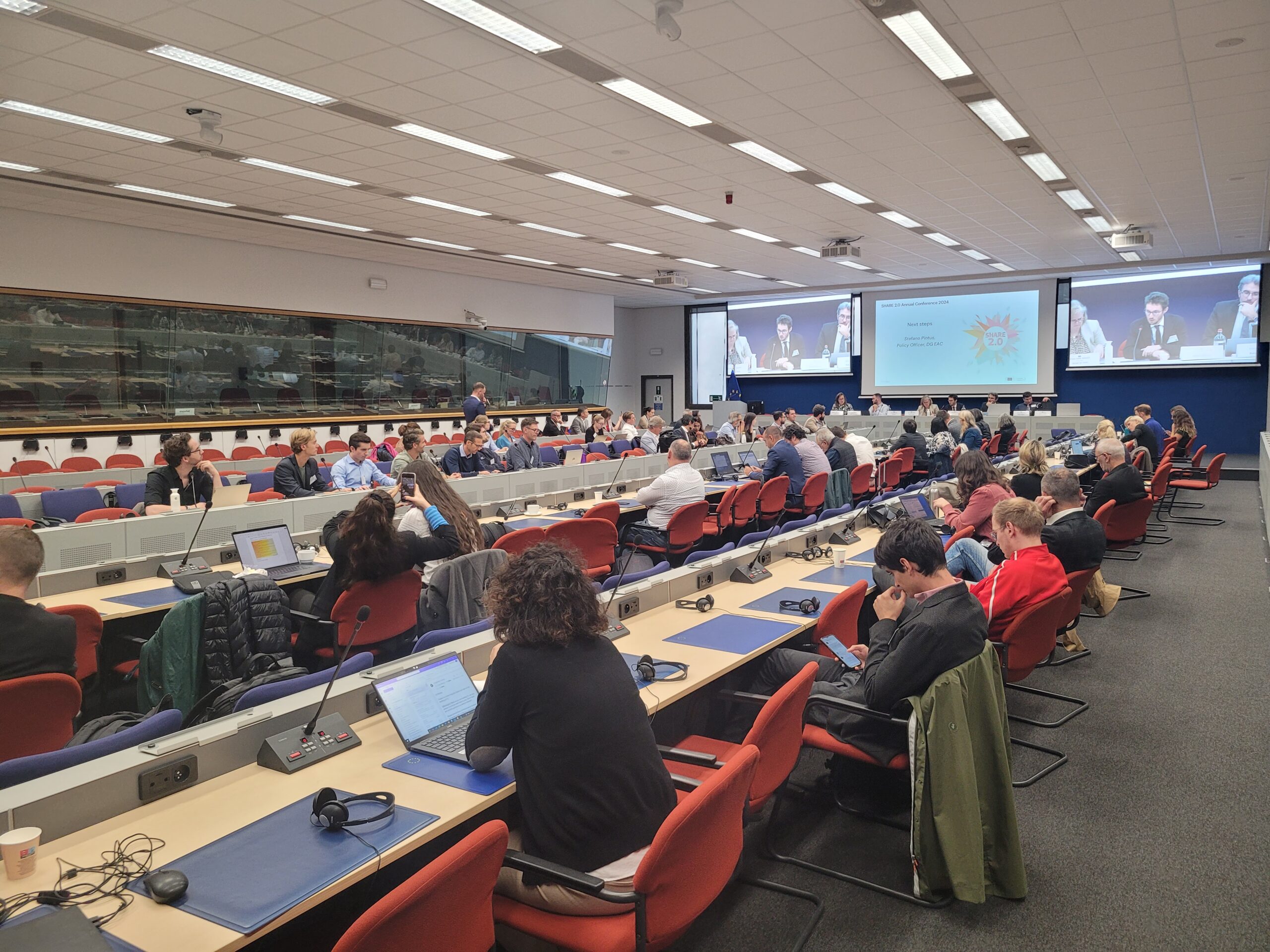ACR+
ACCESS present at the SHARE 2.0 Annual Conference to address the European Commission’s efforts in turning sports more sustainable
Around 200 practitioners, experts and stakeholders gathered in Brussels on 11 September, brought together by the European Commission’s SHARE 2.0 Initiative, for a day long inspirational and constructive meeting, exchange of views and needs, as well as defining the way forward to achieving more sustainable sports.
Share 2.0, the successor of SHARE, which ran between 2018 and 2023, is an initiative carried out by the European Commission’s sport unit, under the Directorate General for Education and Culture (DG EAC). It brings together hundreds of practitioners, experts, stakeholders, public authorities, sport organisations and others in the field of sports, grouped in four Communities of Practice, namely on – EU funding, innovation, health, and green and sustainable sport. ACCESS, represented by its coordinator Ernest Kovacs – is a member of the Community on sustainable and green sports and therefore was present at this day-long meeting.
Opened by Normunds Popens, Deputy Director General of DG EAC, the event wanted to engage the members of the initiative in thought-provoking discussions on current topics relevant to both professional and amateur or grassroot sports, as well as the way events are organised, or sport facilities are managed. The ultimate goal of the event was to find a way for reinforcing the implementation of various policy areas addressed by Green Deal in sports. Additionally, the outcomes of these discussions were expected not only to help shape the direction of the SHARE 2.0 initiative as whole but also to identify the future focuses for each Community of Practice, as well as to provide input for the new European Commission’s workplan in these fields. Apart from addressing the issues, the event also wanted to offer its participants an opportunity to make contacts, build networks, future collaborations and facilitate the exchange of good practices. The presence of key representatives of the European Commission was a great added value for many voices to be heard and acknowledged appropriately.
Two key topics and questions that were addressed in two separate workshops were looking at finding a holistic and comprehensive support scheme for sport organisations across Europe – professional and amateur or grassroot, venue owners, or event organisers, taking into account their various capacities, knowledge, skills, needs and more. While paying attention to the terminology and vocabulary, whether this support scheme should be a toolkit, a pledge, a charter or similar, the participants discussed what each of these would imply in practice and to what extent could sport organisation commit to improvements and what the support from practitioners and experts would look like. Apart from the vocabulary, the discussion highlighted the role of local authorities as owners of many facilities and infrastructure that are used especially by amateur and grassroot organisations. When it comes to large organisations and federations that are often already advanced in environmental management, the question that emerged was the permeability of such a support scheme into large organisations, as they often have their internal or sport specific guidelines, support schemes provided by large European federations, like the UEFA, for example.
The existing European or worldwide campaigns and initiatives were addressed, too, especially the UN’s Sports for Climate Action, an initiative aiming at supporting and guiding sports actors in achieving global climate change goals. The question that wanted to provoke discussion was whether encouraging sport organisations to become signatories of this initiative would lead to their contributions to the Green Deal objectives. While the initiative provides an appropriate framework for achieving specific climate goals of halving emissions by 2030 and aiming to achieve net-zero by 2040, its coverage of all the policy areas that the Green Deal wants to address was questionable. Other respectable frameworks were also mentioned, such as IUCN’s Sports for Nature, but again, that one would be appropriate only for the Nature Restoration Law and the biodiversity and ecosystem health aspects of the Green Deal. Therefore, a more overarching framework would be needed if European sports want to reinforce the implementation of Green Deal as a whole – including building and renovation, the Farm to Fork strategy and other policy areas.
Upon returning from the event, Ernest Kovacs shared his impressions:
“This event showed that sustainable sports are on the European Commission’s agenda, and it is envisaged there to stay – what is very encouraging, especially considering ACCESS’s efforts in creating a framework for its pilot sport organisations and their respective cities to address processes and operations in this particular field. The day I spent in a room with 200 practitioners and experts certainly contributed to my future inspirations, decisions and overall – defining the future of not only mine but also ACR+’s work in this field and highlight the role of cities and regions as a valuable and nearly inevitable actors in these efforts.”
Reflecting on ACR+’s previous efforts and initiatives, he added:
“It was absolutely a pleasure, and I felt very proud seeing some of our previous initiatives that we did and are still doing with Dublin, Porto, Cardiff and Copenhagen and other cities as part of previous EU funded project appeared in the agenda as examples of good practice and an inspiration for how things should be done in the future.”
The event was closed by Georg Hausler, the Director of Culture, Creativity and Sport at DG EAC saying:
“Health, Innovation, and Sustainability aren’t the only ones that are important for sports, but such a platform reflects priorities of other EU policies, too, and their implementation and application in this field.”
















